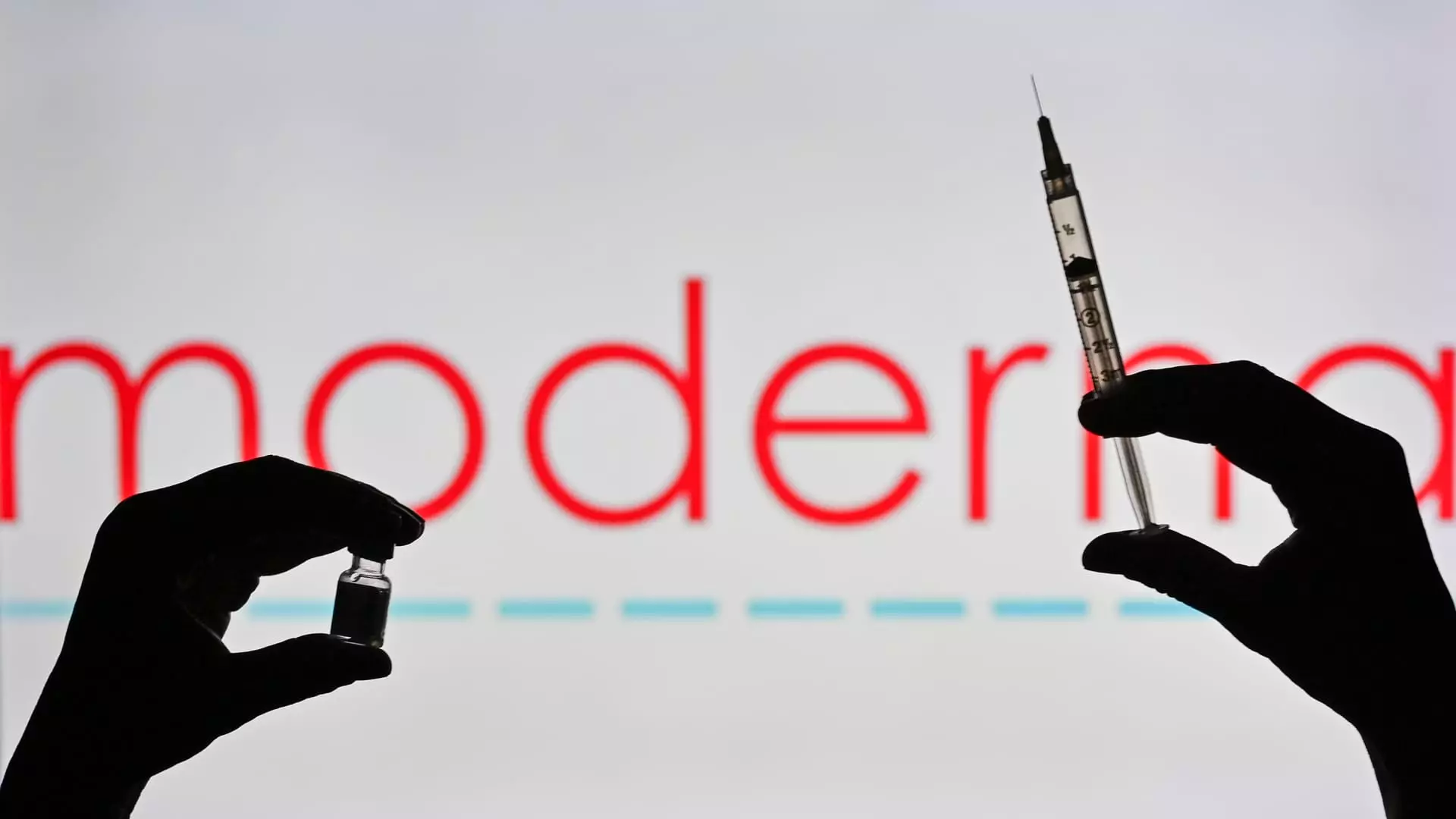Groundbreaking news has emerged from the medical field as Moderna and Merck present their latest three-year data on a potential vaccine for the deadliest form of skin cancer. This experimental vaccine, when combined with Merck’s Keytruda therapy, has shown remarkable improvements in survival rates and long-term efficacy. This new data is set to be revealed at the prestigious American Society of Clinical Oncology annual meeting in Chicago.
The initial results released by Moderna and Merck in December already indicated a positive trend, but the latest findings underscore the transformative potential of this vaccine. Notably, nearly 75% of patients who received the combination vaccine were alive and free from any signs of cancer recurrence at the 2½-year mark. This is a significant improvement compared to the 55.6% survival rate of patients treated with Keytruda alone.
One of the most encouraging aspects of this data is the broad impact it can have on melanoma patients. The benefits of the combination vaccine were observed across different patient subgroups, regardless of specific tumor characteristics or protein levels in the body. Dr. Kyle Holen, the head of development at Moderna, emphasized the potential for this vaccine to revolutionize the treatment of melanoma patients.
The overall survival rate of patients who received the vaccine in conjunction with Keytruda after 2½ years was an impressive 96%, compared to 90.2% for those only treated with Keytruda. Moreover, patients with severe forms of melanoma who benefited from the combination therapy were 49% less likely to experience cancer recurrence or mortality after three years.
The vaccine, which utilizes mRNA technology similar to Moderna’s Covid vaccine, represents a cutting-edge approach to cancer treatment. By analyzing a patient’s tumors post-surgery, the vaccine is tailored to train the immune system to target specific cancer mutations. Moderna’s CEO, Stephane Bancel, expressed excitement about reducing the timeline between tumor analysis and vaccine administration, highlighting the urgency of this innovative treatment.
Merck’s Keytruda, already approved for melanoma treatment, complements the vaccine by disabling proteins that enable cancer cells to avoid immune detection. In February, the FDA granted breakthrough therapy designation to the vaccine for melanoma treatment, expediting its regulatory review. Moderna plans to seek accelerated approval, a process that fast-tracks critical treatments for serious conditions lacking effective alternatives.
Melanoma poses a significant public health challenge, with skyrocketing incidence rates and mortality figures. As the primary cause of skin cancer deaths, melanoma underscores the urgent need for innovative treatments like the Moderna-Merck vaccine. With an estimated 100,000 new diagnoses and 8,000 deaths projected in the US this year alone, the demand for effective therapies has never been greater.
The ongoing phase-three trial for late-stage melanoma treatment has exhibited encouraging progress, surpassing initial expectations. Moderna is concurrently conducting trials for lung, skin, kidney, and bladder cancers, signaling a broader application of this groundbreaking vaccine. The collaboration between Moderna and Merck represents a crucial step towards revolutionizing cancer care and improving patient outcomes.

